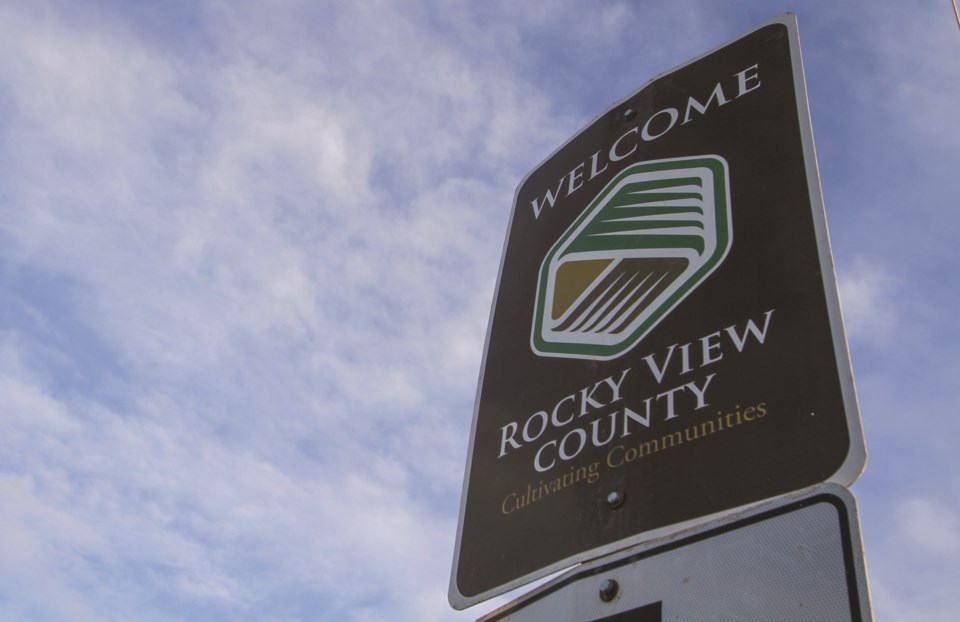Residents and businesses in urbanized areas of Rocky View County (RVC) could see higher tax rates in the future, following a council decision to formally take steps to change the County's municipal status.
During a regular meeting Dec. 10, council voted unanimously to direct administration to begin the process of becoming a Specialized Municipality, and to have Reeve Greg Boehlke advise Alberta’s Minister of Municipal Affairs that RVC is exploring the merits of the change. Boehlke said the status change would mean an acknowledgement that RVC is a somewhat of an anomaly.
"We have the same issues and we feel as strongly about them as the 100 per cent rural municipalities...but we also have the added pressures of being on the boundaries of a big metropolitan centre with a huge amount of development pressures," he said.
Currently, according to manager of Intergovernmental Affairs Amy Zaluski, RVC is classified as a Municipal District, which the Municipal Government Act (MGA) defines as primarily rural in nature.
“Taxes are typically lower [in Municipal Districts], and they have less services,” she said.
Over time, however, several areas of the County – specifically Langdon, Harmony, East Balzac and Conrich – have become increasingly urbanized and will continue to grow. This has created potential governance challenges for RVC, Zaluski said – primarily with respect to taxation, as rates are currently uniform across the municipality. This means all residents and businesses pay for services that may only benefit a specific area.
“Residents and businesses in urban areas often request or require higher service levels than those that are living in rural or country residential areas,” she said.
The MGA provides a mechanism to address such challenges by allowing a rural municipality to change its status to a Specialized Municipality, Zaluski continued. Specialized status would provide tools for RVC to identify urban service areas and potentially develop higher service levels supported by different taxation.
Specialized status would yield three main benefits, according to Zaluski. First, it would allow council to identify existing areas that could have a different level of services, supported by different tax rates.
“This is where we could link differential rates to a geographic area,” she said.
Second, she said, it would allow RVC to access urban grants and programs. Finally, it would help change the perception that the County is entirely rural.
Specialized status requires approval of the Provincial Cabinet through an Order of Council. In order to change the status, an application must be made to the Minister of Municipal Affairs, Zaluski said, outlining why the change is necessary.
Part of the process involves public, intermunicipal and stakeholder consultation, she added. With council’s decision, administration will prepare an engagement strategy – consultation will begin early in 2020, with findings presented to council in April. The estimated cost of public consultation, Zaluski said, is $20,000.
“This isn’t something that happens everyday, so Municipal Affairs doesn’t have a set process for this,” she said.
CAO Al Hoggan said he didn’t see any reason why RVC’s process wouldn’t be complete by mid-summer 2020. If the Order of Council is not granted by January 2021, it won’t happen until 2022, he added – the changes must be made at least six months prior to the 2021 municipal election.
Coun. Kevin Hanson was absent from the meeting.

